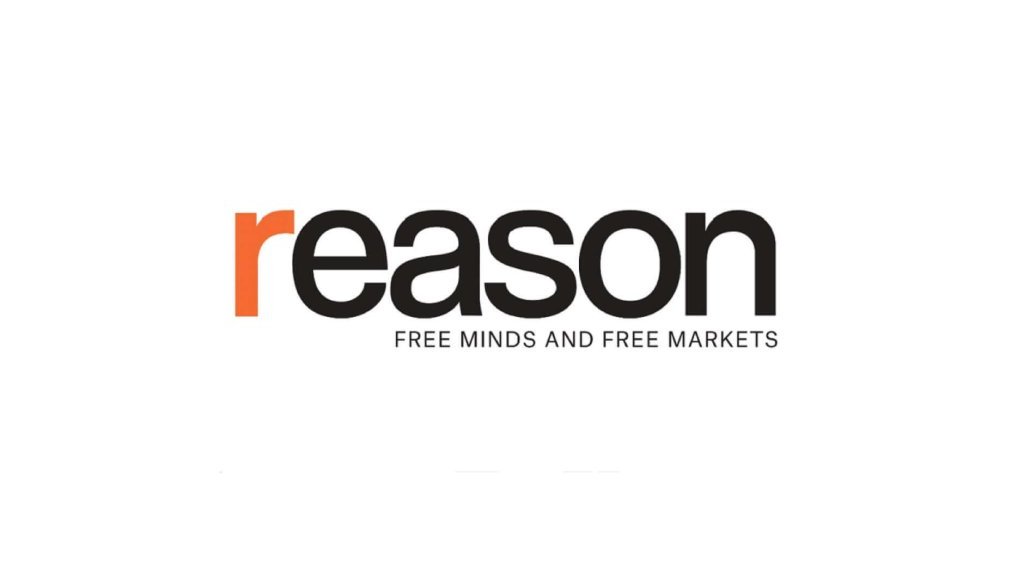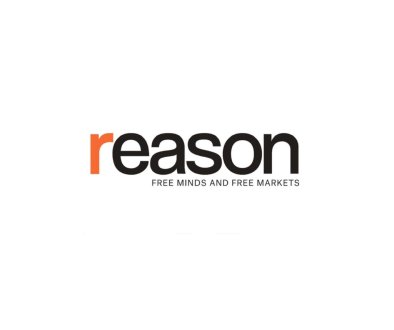The Worst Parts of Trump’s First 100 Days Involved Ignoring Libertarian Principles
Before the 2024 election, I wrote about the perplexing phenomenon of libertarians who enthusiastically supported Donald Trump for president, given his anti-libertarian and authoritarian temperament, his being “fanatically against free trade,” and pushing a “short-term promise to assault and kidnap and ship out millions of residents who have harmed no one’s life or property, and in doing so destroy huge chunks of America’s productive economy, disrupting the lives of the other millions of legal citizens who hire them, work for them, depend on their services, or rent and sell to them.”
How Trump’s administration has misgoverned in its first 100 days, with his most destructive abuses arising from his rejection of core libertarian principles about trade policy and immigration, the movement of goods and people across arbitrary government barriers, demonstrates why trying to supposedly balance those ferociously anti-libertarian tendencies with his acceptably libertarian ones (a stated commitment to shrinking size and cost of government, through Elon Musk’s efforts at the Department of Government Efficiency, have delivered less than promised, are rife with reporting errors, and seem to be aimed not at making government any more sensible or useful so much as scoring institutional points against the administration’s perceived leftist enemies) leads to accepting near complete collapse of any meaningful distinctions between the U.S. government and the worst economically interventionist and authoritarian tyrannies.
Trump’s rejection of libertarian verities, particularly as set forth in the works of the great classical liberal economist and libertarian movement founding father Ludwig von Mises, has caused severe and likely lasting damage to the U.S. economy and is causing cruelly destructive harm to many humans who have caused no harms that a libertarian should recognize as harms.
Trump the Tariff Man
As Ludwig von Mises put it in his exposition of his political philosophy, Liberalism: In the Classical Tradition, “The theoretical demonstration of the consequences of the protective tariff and of free trade is the keystone of classical economics. It is so clear, so obvious, so indisputable, that its opponents were unable to advance any arguments against it that could not be immediately refuted as completely mistaken and absurd….The outcome of protectionism is…always a reduction in the productivity of human labor” and thus a reduction in human prosperity.
It’s very on-brand for Trump to seem utterly ignorant of this and pursue higher and wider tariffs, for a whipsawing variety of reasons, most of which seem reducible to an ignorant chip on his shoulder, leading him to believe everyone else is ripping him/America off in some ill-defined way by selling and buying goods from us (yes, sometimes through tariff barriers, which are bad for them and us, just as ours are bad for us and them).
Trump’s wide-ranging tariff moves, though how they will end up specifically applied moving forward is still uncertain (which is a big part of the problem), are, predictably, crippling small businesses, tanking stock markets, influencing looming supply chain disruptions and goods shortages as imports might fall by as much as 20 percent, and causing even big-business donors to the GOP to note with alarm that Trump’s moves may have made America, not closer to Great Again, but “20 percent poorer” with its effect on costs to American consumers and businesses. And no, there’s no countervailing bright side in sight (unless Trump just backs down on the whole thing and declares victory after getting some tariffs of other countries lowered somewhere).
Bad policies have bad aftereffects; his moves predictably generated announcements of planned tit-for-tat moves from trading partners, harming at the same time their own consumers and the U.S. businesses who want to sell to them and generally reducing worldwide prosperity. Food, implements we use to cook food, clothing, electronics, cars, and car parts are all apt to get much more expensive for Americans unless Trump gets us decisively off his maddeningly erratic tariff wheel of misfortune. As Eric Boehm reported this month at Reason, manufacturers surveyed by the New York Federal Reserve “expect to see fewer orders, longer delivery times, declining inventories, and lower levels of employment. About the only lines in the survey that are pointed upward are the expectations about prices.”
Some companies will just avoid selling in the U.S. market entirely. And, predictably, creating a system such as variable tariffs with huge advantages to some and disadvantages to others, all operating at the whim of one mad monarch, likely illegally in violation of Congress’ responsibility over tariffs, is building a lot of new swampland in D.C. as businesses and industries vie for influence to save themselves from, or harm competitors with, Trump’s trade damage.
Nor is there any reason to believe in the short or even long term that the panicked throwing of tariffs against the wall to see if they will stick will achieve an alleged goal of making well-paying manufacturing jobs a near-dominant part of the American economy again (as steel workers here are already being laid off for lack of sufficient demand and actual existing domestic manufacturers are hobbled near to death by Trump’s feckless tariffing). Regardless, the administration crows about making life harder and more expensive for all Americans for some phantom future benefit.
Trump’s understanding of what he’s even doing is deficient, including thinking his ta
Article from Reason.com

The Reason Magazine website is a go-to destination for libertarians seeking cogent analysis, investigative reporting, and thought-provoking commentary. Championing the principles of individual freedom, limited government, and free markets, the site offers a diverse range of articles, videos, and podcasts that challenge conventional wisdom and advocate for libertarian solutions. Whether you’re interested in politics, culture, or technology, Reason provides a unique lens that prioritizes liberty and rational discourse. It’s an essential resource for those who value critical thinking and nuanced debate in the pursuit of a freer society.




